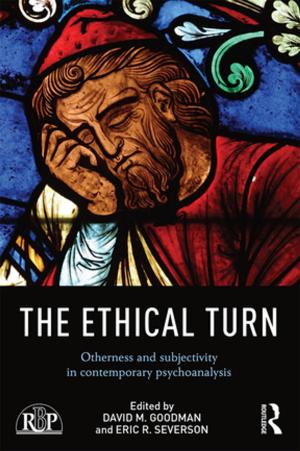Summa Sophialogica, Volume 1
Nonfiction, Religion & Spirituality, Philosophy, Metaphysics, Ethics & Moral Philosophy| Author: | f bonzo Moretti | ISBN: | 9781301804856 |
| Publisher: | f bonzo Moretti | Publication: | April 30, 2013 |
| Imprint: | Smashwords Edition | Language: | English |
| Author: | f bonzo Moretti |
| ISBN: | 9781301804856 |
| Publisher: | f bonzo Moretti |
| Publication: | April 30, 2013 |
| Imprint: | Smashwords Edition |
| Language: | English |
The first part of the first part of the Summa Sophialogica (denoted hereafter as I-I) comprises 119 stimulatory questions, “common sense” secular responses to those questions, adjurations and stipulations surrounding those questions, and finally systematic and holistic answers to the questions, to the caveats, and to the false paths implied by discordant, unintegrated antiphonies.
This first volume addresses the following broad areas.
•The nature and extent of knowledge and wisdom (questions 1-43).
This includes an inquiry into the nature of those individuals who are wisest (questions 32-43).
•A treatise on being, the creation of substance and wisdom (questions 44-49).
This includes an inquiry into the fundamental distinctions between beings and qualities, such as the nature of evil (questions 45-49).
•A study of elevated beings, “Axioms Personified,” that are imbued with simple and powerful principles of wisdom, uncomplicated by corporeality. This section may be viewed as entirely hypothetical and metaphorical or as a transdimensional cosmological taxonomy (questions 50-64).
•A more detailed look at the events that led to the creation of the material world (questions 65-74).
•A study of the nature of humanity and an examination of both the transitory and ineluctable facets of human relations to reason, wisdom, knowledge, and corporeality (questions 75-102).
•Finally, a succinct inquiry and expository reflection on the nature of wise government (questions 103-119).
This group of questions and replies includes the effects of the Axioms Personified, both good and ill—whether taken literally or analogically (questions 107-113). Somewhat epigrammatically, this is also the portion of the work that deals with the implications and directives of human propagation (questions 118-119).
The first part of the first part of the Summa Sophialogica (denoted hereafter as I-I) comprises 119 stimulatory questions, “common sense” secular responses to those questions, adjurations and stipulations surrounding those questions, and finally systematic and holistic answers to the questions, to the caveats, and to the false paths implied by discordant, unintegrated antiphonies.
This first volume addresses the following broad areas.
•The nature and extent of knowledge and wisdom (questions 1-43).
This includes an inquiry into the nature of those individuals who are wisest (questions 32-43).
•A treatise on being, the creation of substance and wisdom (questions 44-49).
This includes an inquiry into the fundamental distinctions between beings and qualities, such as the nature of evil (questions 45-49).
•A study of elevated beings, “Axioms Personified,” that are imbued with simple and powerful principles of wisdom, uncomplicated by corporeality. This section may be viewed as entirely hypothetical and metaphorical or as a transdimensional cosmological taxonomy (questions 50-64).
•A more detailed look at the events that led to the creation of the material world (questions 65-74).
•A study of the nature of humanity and an examination of both the transitory and ineluctable facets of human relations to reason, wisdom, knowledge, and corporeality (questions 75-102).
•Finally, a succinct inquiry and expository reflection on the nature of wise government (questions 103-119).
This group of questions and replies includes the effects of the Axioms Personified, both good and ill—whether taken literally or analogically (questions 107-113). Somewhat epigrammatically, this is also the portion of the work that deals with the implications and directives of human propagation (questions 118-119).















